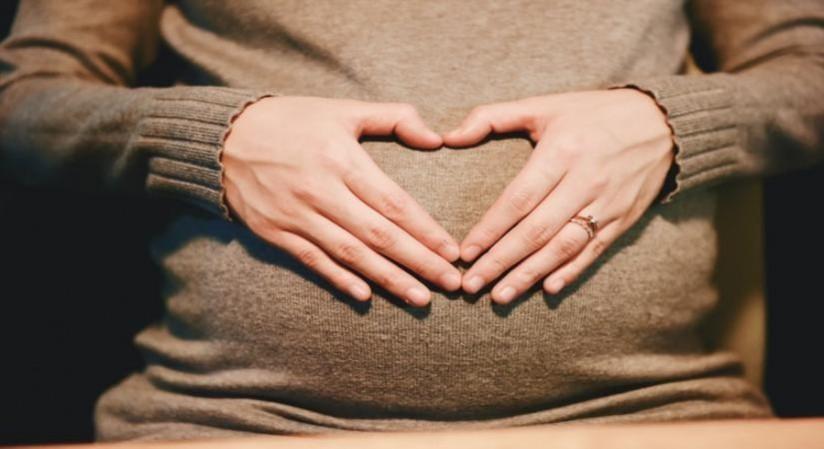Women with an earlier diagnosis of colorectal cancer could be at an increased risk as well as raise odds of adverse outcomes in babies, showed a study.
The study, published in eClinicalMedicine, analysed 207 births in women with early-onset colorectal cancer and 1,019 births in matched controls.
The team discovered 2.5-fold higher odds of preeclampsia and a 79 per cent increased odds of emergency caesarean delivery in women with early-onset colorectal cancer compared to women without prior colorectal cancer.
Preeclampsia is a potentially dangerous pregnancy complication characterised by high blood pressure.
Colorectal cancer was also associated with a 2.3-fold higher odds of preterm birth, which was particularly pronounced for medically induced preterm birth.

"The findings of our study provide crucial evidence to support the clinical management of women with this condition during their reproductive years," said lead author Dr. Yin Cao, Associate Professor of Surgery and Medicine from Washington University School of Medicine in St. Louis, US.
"Of note, we however found no increased odds of congenital malformations, or small for gestational age birth in women with colorectal cancer," added Professor Jonas F. Ludvigsson, paediatrician at Orebro University Hospital, and Professor at the Department of Medical Epidemiology and Biostatistics, Karolinska Institutet.

Early-onset colorectal cancer (diagnosed before age 50) has risen worldwide, resulting in more women at reproductive age diagnosed with colorectal cancer. Studies of pregnancy and neonatal birth outcomes in cancer survivors have been focused on adolescent and young adult cancers and cancers of the female reproductive organs, with little attention to colorectal cancer.
"To date, clinical guidelines for colorectal cancer have not yet included specific recommendations for managing reproductive outcomes of female survivors," Cao said.
"Our study underscores the importance of incorporating such considerations into cancer survivorship guidelines, particularly with respect to pregnancy and neonatal outcomes."
(With inputs from IANS)















